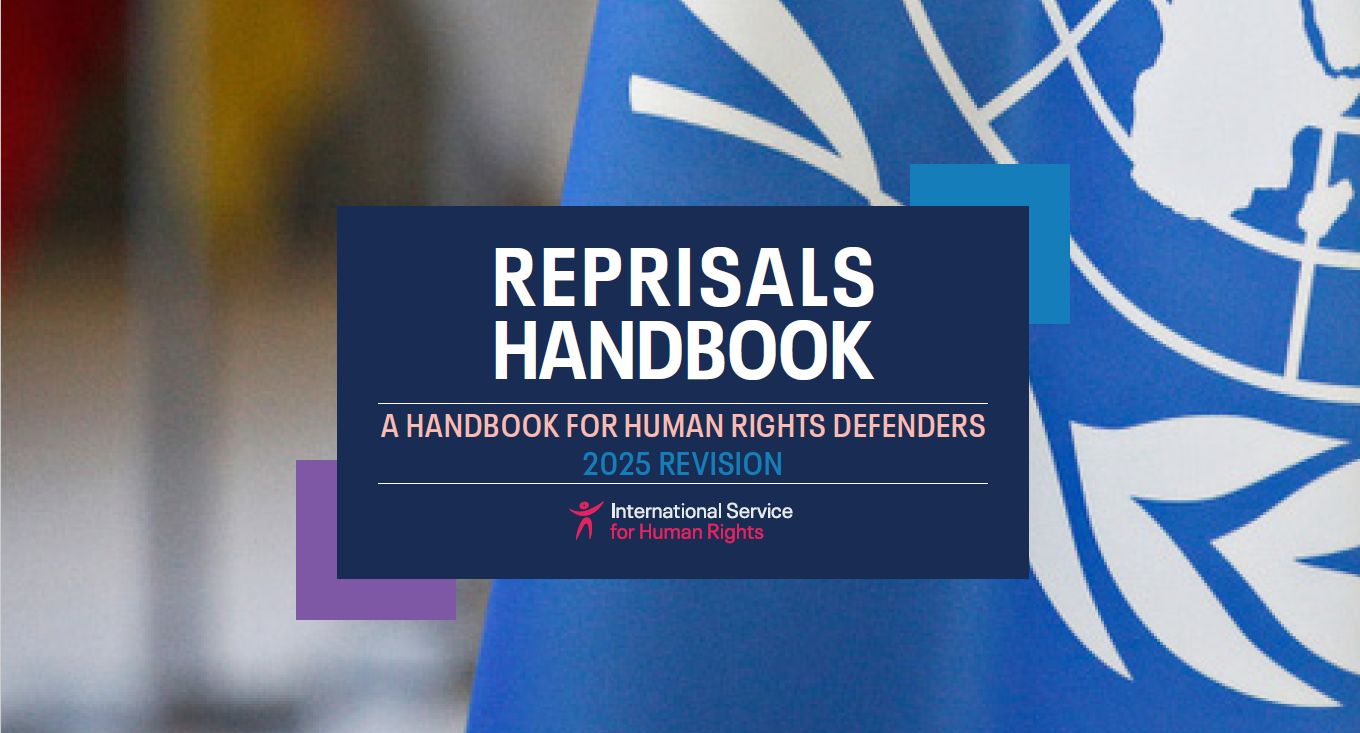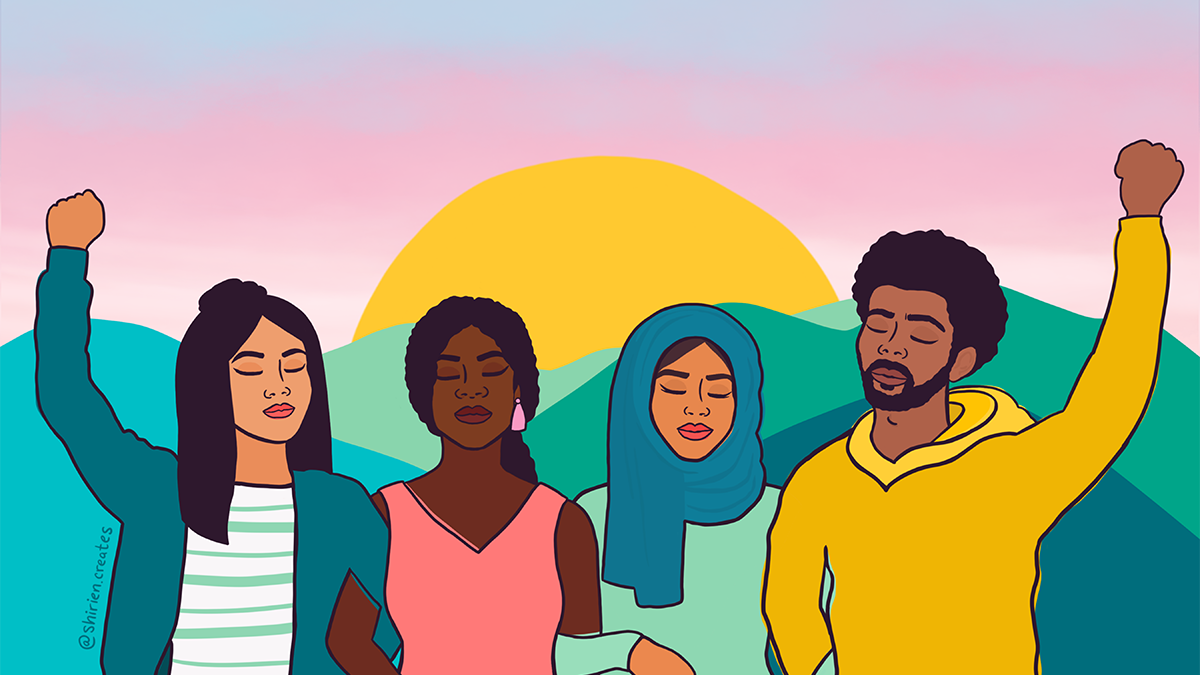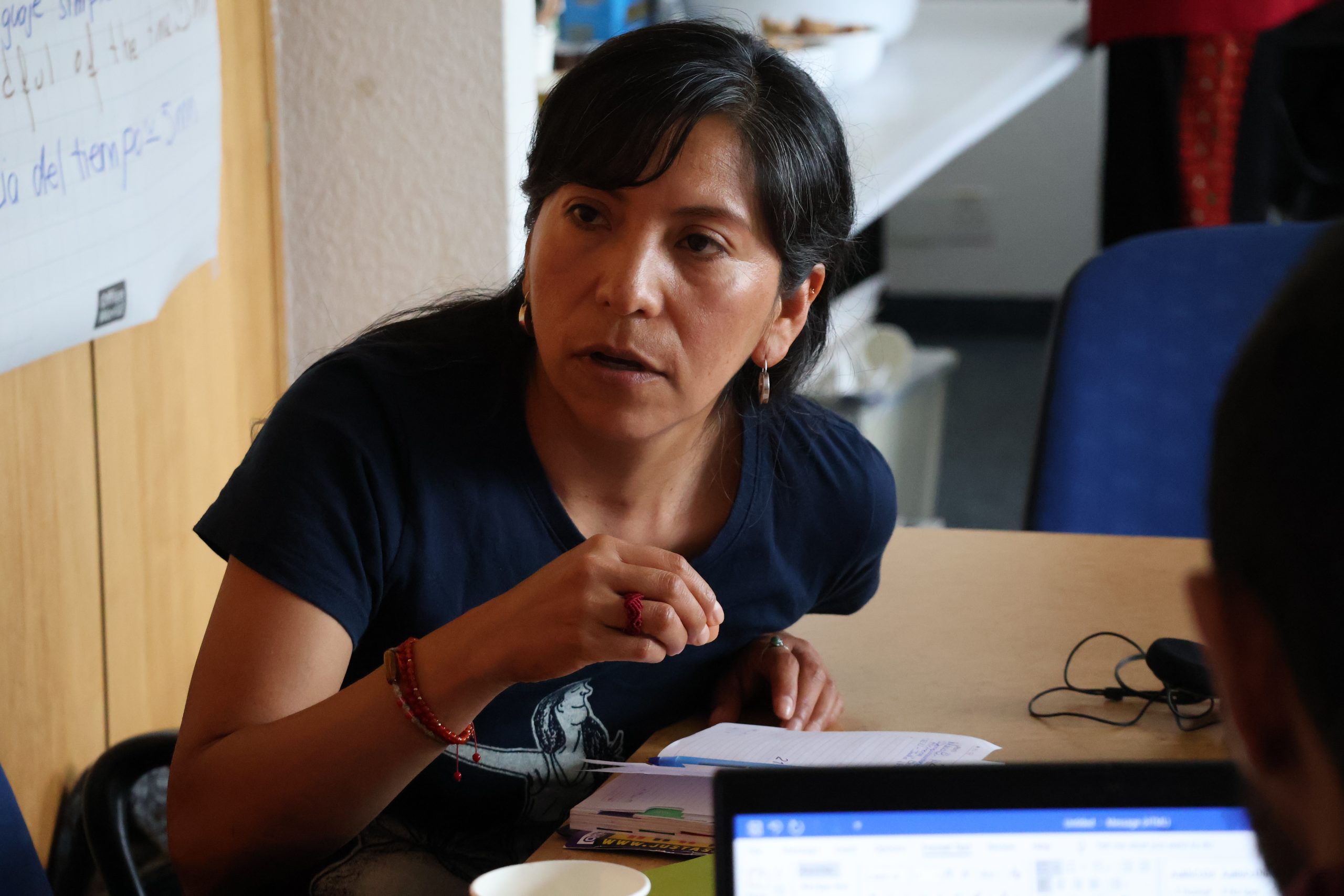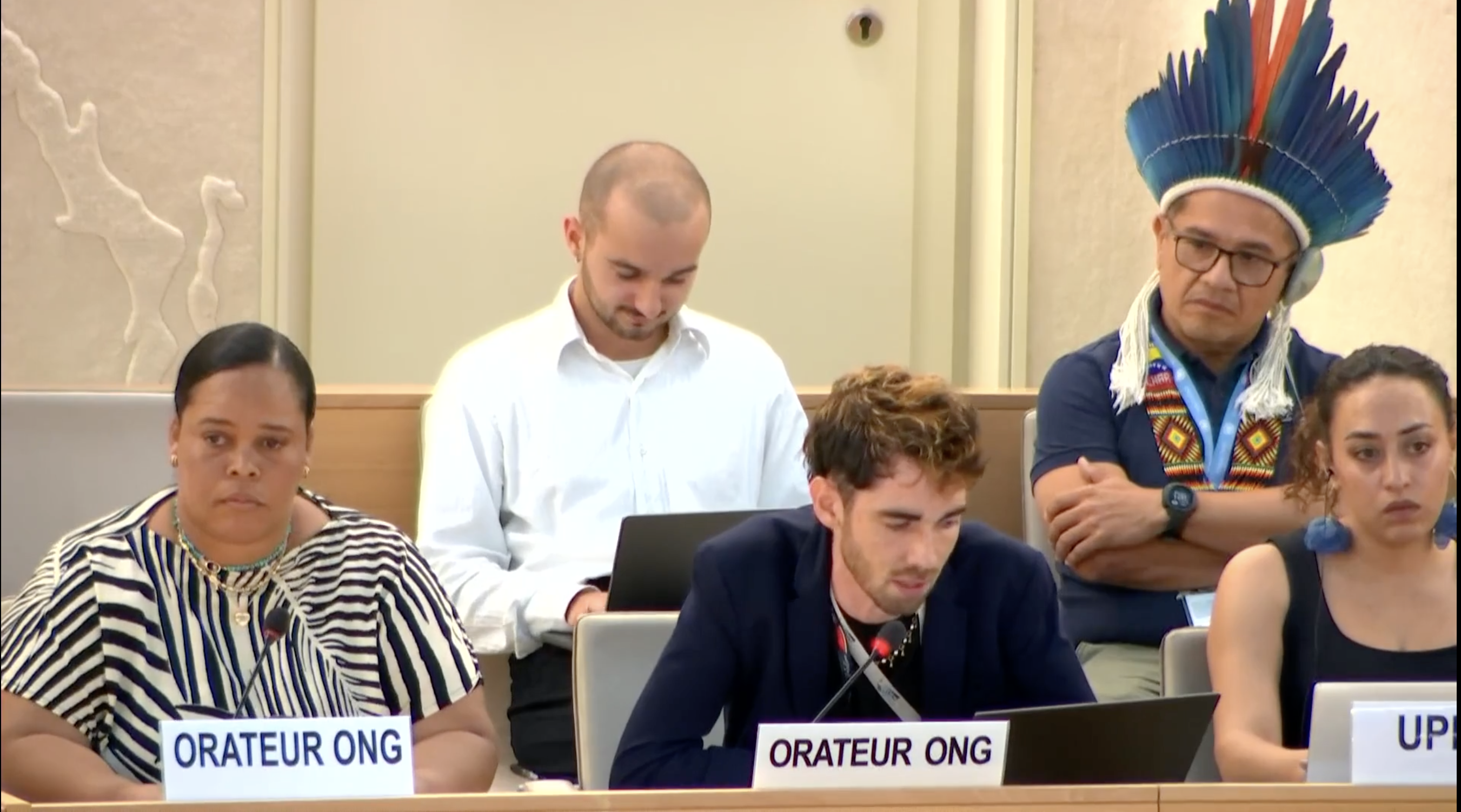Former High Commissioner for Human Rights, Navi Pillay, once called defenders the lifeblood of human rights. ‘They are the promoters of change,’ she said. ‘The people who ring the alarm bell about abuse’.
She is right in at least two ways.
Firstly, because, even as most States take a selective and inconsistent approach to human rights principles and situations, defenders reaffirm that all human rights are universal and inalienable; that they are indivisible, interdependent and interrelated.
Defenders affirm that the right to self-determination applies to people in Ukraine and Palestine, alike. They promote the right to non-discrimination for persons of African descent in the US and LGBTIQ+ people in Uganda, alike. They demand that the right to know and practice one’s own culture be respected for Aboriginal communities in Australia and Uyghur communities in Xinjiang, alike.
Defenders are also the lifeblood of human rights because defending and advocating for human rights is integral to realising them, particularly the rights of individuals and groups who have been subject to various and intersecting forms of discrimination and oppression.
The right to defend rights
We all have the right – and the responsibility – to defend human rights. This was the revolutionary idea behind the Declaration on Human Rights Defenders, adopted by the General Assembly exactly 50 years after that same body adopted the Universal Declaration of Human Rights (UDHR).
We all have the right to defend human rights. By affirming this, the Declaration on Human Rights Defenders (the Declaration) firmly established a key human rights principle. It also recognised the reality that, without human rights defenders, the promise of the UDHR would remain empty and unfulfilled.
This right is now firmly established in jurisprudence. UN Treaty Bodies and Special Procedures recognise that the work of defenders is so integral to the realisation of all human rights, that threats or attacks against them may amount to violations of the very rights for which they advocate.
Thus, for example, threats against environmental human rights defenders may amount to a violation of the right to a clean, healthy and sustainable environment. Similarly, shutting down a protest against arbitrary evictions or unlawful demolitions may not only amount to a violation of the right to freedom of peaceful assembly, but also a violation of the rights to adequate housing and to freedom from arbitrary interference with the home.
The Declaration also went further than enshrining the fundamental right to defend rights. It elaborated existing binding international human rights law as it applies to defenders. This includes the right of defenders and their organisations to access resources, including from so-called ‘foreign sources’, as well as the right to communicate and cooperate with international bodies, free from any form of intimidation or reprisal.
Government action to implement the Declaration
25 years after its adoption, a number of States have enacted the Declaration at the domestic level with specific national law and mechanisms for the protection of defenders. Côte d’Ivoire, Burkina Faso, Mali, Niger, the DRC, Mongolia and Mexico are among the States that have taken this positive step.
Other States, including Norway, Finland, Switzerland, Ireland and Canada, among others, have adopted human rights defender guidelines heavily inspired by the Declaration, providing guidance to their embassies and diplomats about the protection of at-risk human rights defenders abroad.
Threats facing defenders
But much remains to be done.
Despite their vital work for gender justice and equality, women human rights defenders like Neda Parwan and Zholia Parsi in Afghanistan and Narges Mohammadi in Iran face systemic discrimination and arbitrary detention.
Despite their vital work for racial justice and non-discrimination, anti-racism activists like Assa Traoré in France or Marielle Franco in Brazil face judicial harassment and even death in the case of Marielle.
Despite their vital work for political justice and freedom of expression, pro-democracy activists like Abdulhadi Al Khawaja in Bahrain and Ahmed Mansoor, Maryam al-Balushi and Amina al-Abduli in the UAE all face unfair detention, torture and ill-treatment.
Despite their vital work for reproductive justice and women’s rights, defenders like Vanessa Mendoza in Andorra and Justyna Wydrzyńska in Poland face spurious legal charges and criminalisation.
And despite their vital work for environmental justice, environmental and land rights defenders like Sukhgerel Dugersuren in Mongolia and Trinh Ba Phuong in Vietnam face persecution and worse.
State pledges to recognise and protect defenders
On 9 December, we will celebrate the 25th anniversary of the Declaration on Human Rights Defenders. The next day marks the 75th anniversary of the Universal Declaration. 25 plus 75 equals 100. The numbers could not be more appropriate: because only when defenders are protected and standards are respected can human rights be at 100%. UN Special Rapporteur for Human Rights Defenders, Mary Lawlor, recently put it like this: ‘Human rights defenders are the people who breathe life into the Universal Declaration of Human Rights’.
In advance of those anniversaries, the High Commissioner has invited all States to commit to take specific actions towards the realisation of all human rights for everyone. Together with a coalition of 16 NGOs, ISHR is calling on States to make 5 key pledges on the recognition and protection of defenders.
First, States should publicly recognise the vital role of human rights defenders. Authorities should actively promote the work and achievements of defenders, so that we know them not just for the threats they face but also and foremost for their invaluable contributions to freedom, justice, equality and accountability.
Second, States should recognise and address the intersecting forms of discrimination and oppression that many defenders face. They should ensure defenders are protected and able to meaningfully participate in all relevant policy and decision-making processes.
Third, in genuine partnership with independent civil society actors, States should develop and implement specific national laws, policies and mechanisms for the protection of human rights defenders. They should also repeal or amend laws and policies which restrict and even criminalise defenders.
Fourth, States should refrain from any form of intimidation or reprisals against defenders who engage with the UN and other regional mechanisms. They should take a clear and public position against intimidation and reprisals, including by calling out and holding other States which commit such acts to account.
Fifth and finally, States should ensure that all threats and attacks against human rights defenders are the subject of prompt, impartial and independent investigations. Perpetrators must be held accountable, and effective remedies provided both to address the harms to the individual and to address any systemic or structural factors contributing to such threats or attacks.
Conclusion
Human rights defenders are essential agents of progress and positive change. Their work is vital for gender justice, racial justice, environmental justice, political justice and economic justice. Their work confronts and challenges power, privilege and prejudice. For this, they are frequently exposed to threats and attacks from governments, corporations and other unscrupulous actors. Their work contributes to good governance and accountability at the local, national and international levels.
To defend human rights is an act of bravery and solidarity and, above all, an act of hope and resolve. Hope for a future in which all peoples and communities enjoy freedom, dignity, justice and peace on a healthy planet, in line with the Universal Declaration. And resolve to work, individually and collectively, to realise that still magnificent vision.




